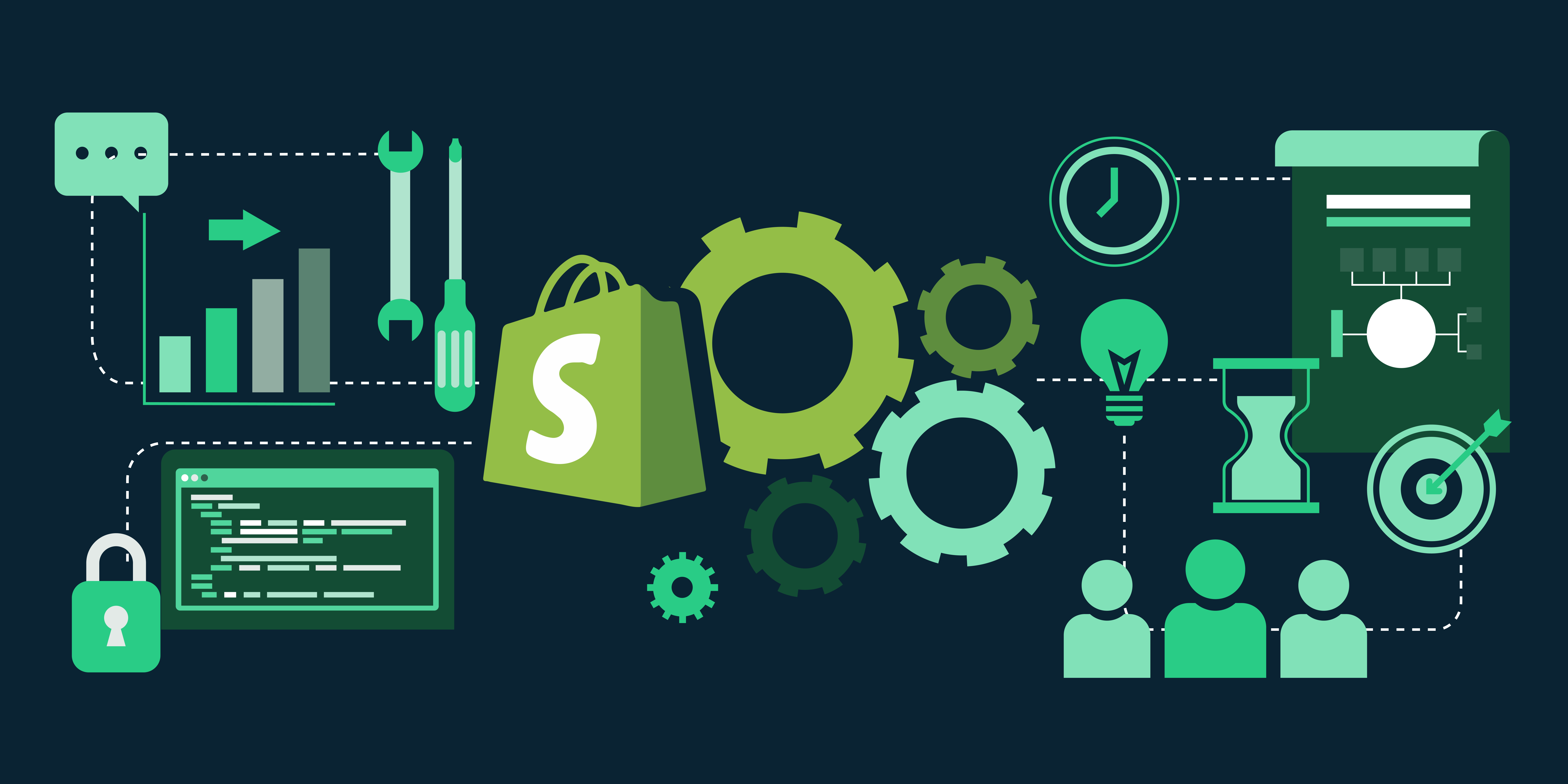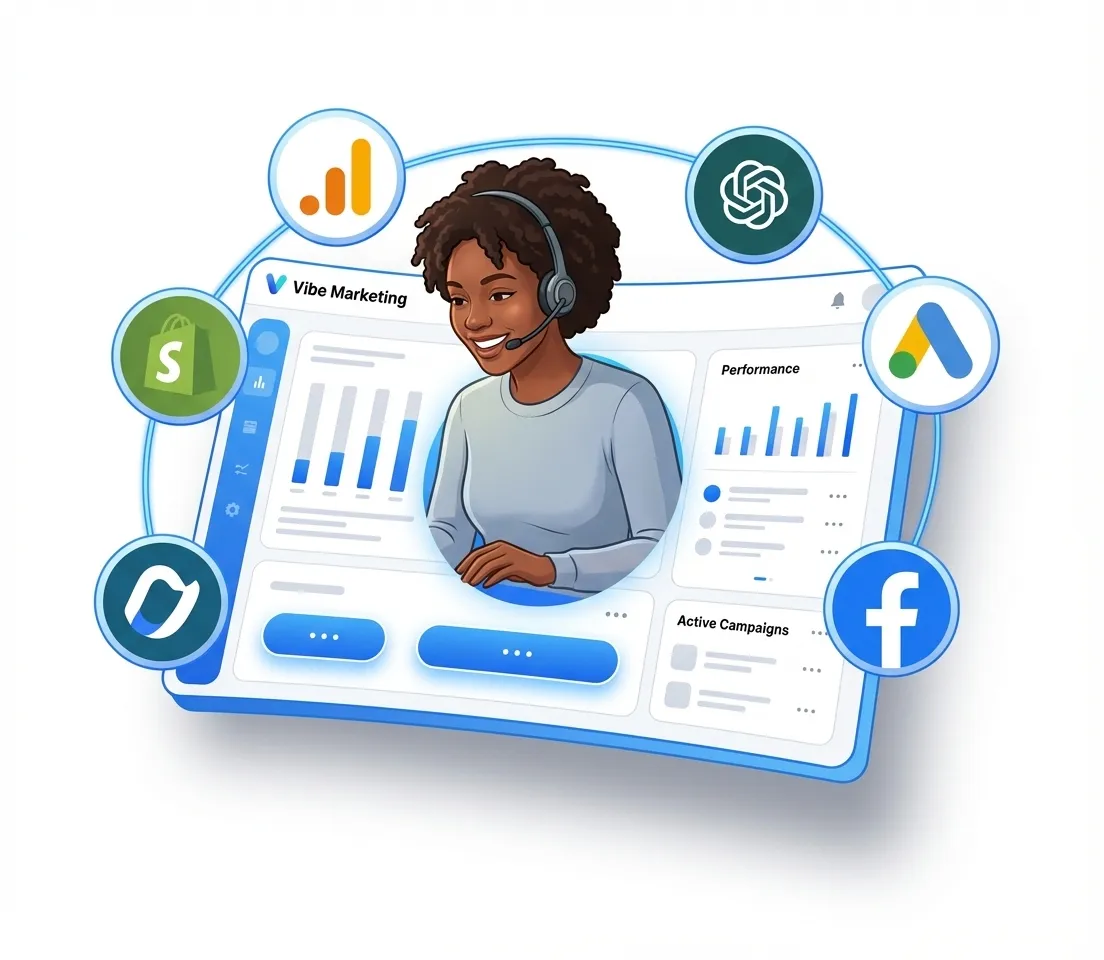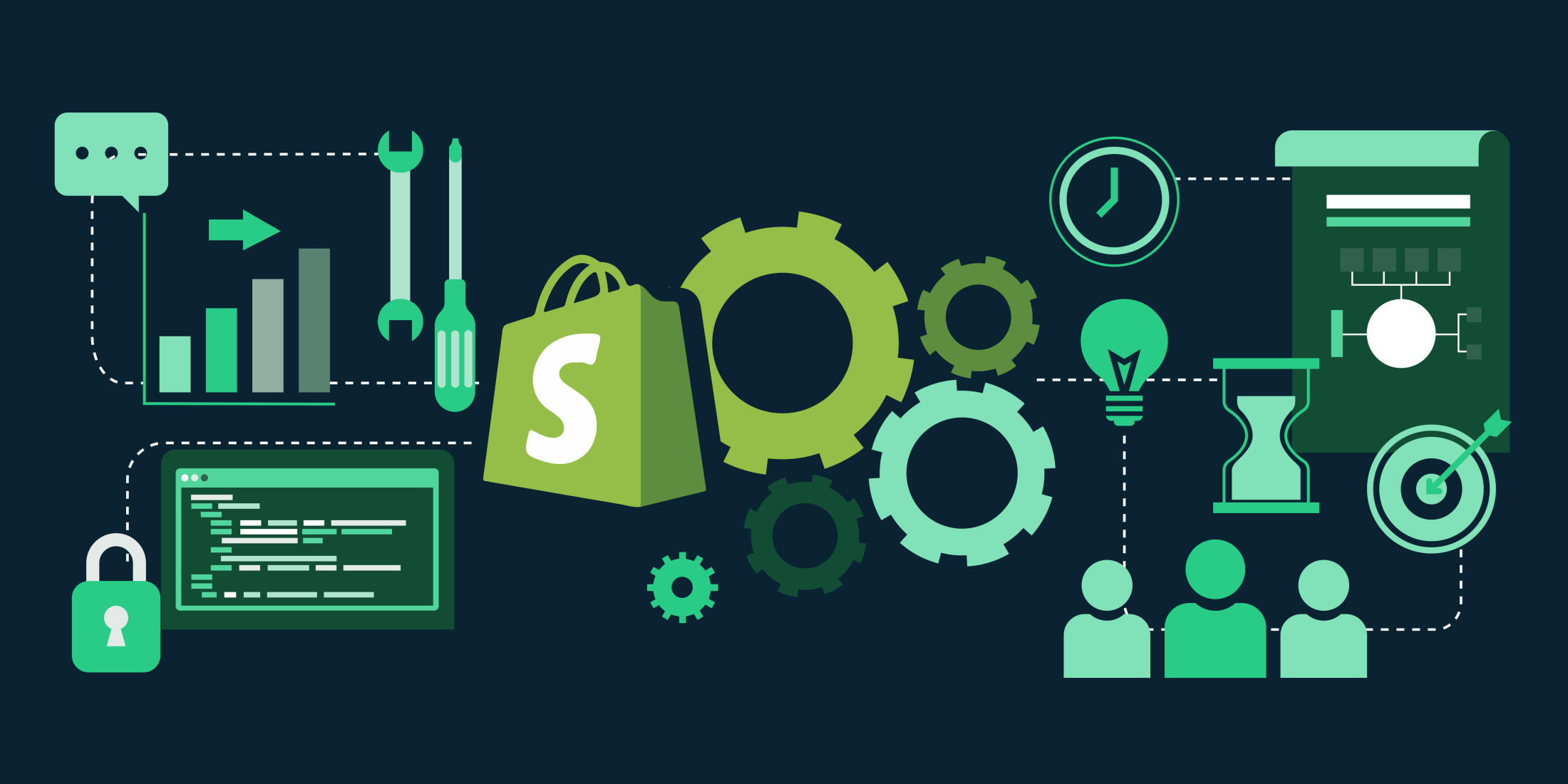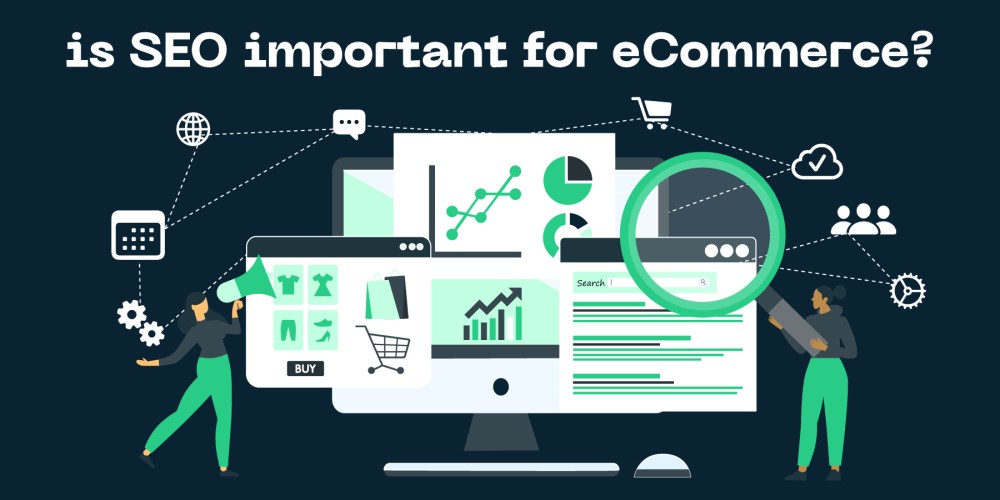20 Innovative Ways to Leverage Related Products

Understanding the Power of Related Products
Importance of Related Products
The power of related products often goes unnoticed in the hustle and bustle of running an ecommerce store, but it holds tremendous potential for driving revenue and enhancing customer experience. It is a critical tool in your arsenal to increase conversion rates, customer engagement, and average order value. By showcasing relevant and complementary products, you can not only guide your customers in their buying journey but also subtly encourage additional purchases.
Strategically leveraging related products can make shopping more convenient for your customers, thereby fostering customer satisfaction and loyalty. When customers see items that complement their current selections or match their preferences, it creates a personalised shopping experience that can significantly impact their buying decisions. Furthermore, it offers upselling and cross-selling opportunities, making it a powerful sales driving technique for your ecommerce store.
Remember, the key to unlocking the potential of related products lies in a deep understanding of your customers and products. By showcasing the right products to the right customers at the right time, you can create a seamless and engaging shopping experience that drives conversions and boosts your bottom line. Don't underestimate the power of related products, harness it to see your ecommerce store flourish.
How They Impact Conversion Rates
It’s essential to understand the power of related products and their influence on conversion rates. By promoting related products, an ecommerce store owner or marketer can encourage buyers to add more items to their cart, hence increasing the average order value. It’s an effective strategy that can lead to a notable boost in sales revenue.
The psychology of recommendation plays an essential part in this process. When customers see items that complement or are similar to what they are interested in, they are more likely to make additional purchases. It’s a strategy that fuels impulsive buying behavior. It provides a seamless shopping experience, where customers feel they are getting more value out of their shopping journey.
Moreover, showcasing related products can help in reducing the bounce rate of your ecommerce store. Often, customers leave after not finding a specific product. But, if you display related products, it may pique their interest and prompt them to stay on your page longer, enhancing the chances of conversion. Therefore, leveraging related products is not only a smart sales strategy but also a powerful tool for customer retention.
Utilizing Data Analysis to Identify Related Products
Role of AI in Product Recommendations
One of the most innovative ways to leverage related products is through the use of Artificial Intelligence (AI). AI has revolutionized the way businesses operate, particularly in the realm of ecommerce. It has brought about a drastic change in the way products are recommended to customers. AI uses complex algorithms and data analytics to accurately predict and suggest products that a customer may be interested in. This method of product recommendation has proven to be highly effective in increasing conversion rates.
AI’s role in product recommendations goes beyond simply suggesting related items. It delves deep into a customer’s browsing history, purchase history, and even online behavior to predict what they are most likely to purchase next. The recommendations made by AI are personalized and tailored to the unique preferences of each customer, making them more relevant and enticing. This level of personalization has been proven to significantly boost sales.
By utilizing data analysis to identify related products, AI doesn’t just increase the likelihood of a sale, it also enhances the customer’s shopping experience. It eliminates the need for customers to sift through irrelevant products, saving them time and effort. This makes shopping more enjoyable and increases the likelihood of repeat purchases. Thus, adopting AI for product recommendations can prove to be a game-changer for ecommerce businesses striving to increase their conversion rates.
Efficient Ways to Gather and Analyze Customer Data
An important aspect of leveraging related products is the gathering and analyzing of customer data. With the right techniques, you can gather valuable insights about your customers' behavior, interests, and preferences. This usually involves tracking their online activities, purchasing history, and feedback. Some of the efficient ways to gather customer data include using analytics tools like Google Analytics and social media insights, conducting surveys via sms, and reviewing customer feedback. The more data you have, the better you can understand your customers and tailor your marketing strategies accordingly.
Data analysis plays a crucial role in identifying related products. By analyzing your customers' buying habits and preferences, you can determine which products are frequently bought together. This allows you to recommend related products to your customers, thereby increasing your sales and improving your customers' shopping experience. It's also crucial to constantly review and update your data to ensure the accuracy of your recommendations.
However, gathering and analyzing data is not enough. The key is to make use of the insights gained from the data to improve your marketing strategies. By understanding your customers' needs and preferences, you can create more personalized and targeted marketing campaigns. You can also use the data to identify trends and predict future behavior, allowing you to stay ahead of the competition and meet your customers' needs more effectively.
Top 10 Innovative Ways to Leverage Related Products
Use of Dynamic Product Recommendations
One of the most innovative ways to leverage related products is through the use of Dynamic Product Recommendations. This is a highly effective tool for e-commerce store owners and marketers as it can significantly boost conversion rates. Dynamic Product Recommendations use complex algorithms to analyze a customer’s browsing and purchasing history, subsequently showcasing personalized product recommendations that are most likely to appeal to the individual customer. This highly targeted approach often results in increased customer engagement and higher sales.
What makes Dynamic Product Recommendations particularly effective is their ability to adapt in real-time to the user’s preferences and behaviour. For example, if a customer viewed a particular product but did not complete the purchase, the system can later recommend similar or related products that might entice the customer to make a purchase. Similarly, the tool can recommend products that are often bought together, creating an opportunity for upselling and cross-selling. These recommendations can be manifested in various forms such as ’Customers Who Bought This Item Also Bought’, ’Related to Items You’ve Viewed’ or ’Inspired by Your Browsing History’.
Implementing Dynamic Product Recommendations is not just about increasing sales, it’s also about enhancing the customer’s shopping experience. By providing personalized recommendations, customers feel understood and valued, which in turn builds trust and loyalty towards your e-commerce store. It’s an innovative approach that combines technology with customer-centric strategies, paving the way for a more profitable and customer-friendly e-commerce environment.
Incorporating Upselling and Cross-Selling Strategies
Integrating upselling and cross-selling strategies into your ecommerce business can be a game-changer in augmenting your conversion rates. Upselling involves encouraging customers to purchase a more expensive, upgraded, or premium version of the chosen item, while cross-selling persuades customers to buy related or complementary items. These tactics serve as effective ways to enhance customer value and increase your revenue.
Upselling is not just about boosting your sales; it’s about improving customer experience. When executed right, it helps customers get more value out of their purchase, consequently enhancing their overall satisfaction. Incorporating upselling strategies requires a deep understanding of your products and your customers’ needs. A proven method is to highlight how the upgraded product meets their requirements better. It is crucial, however, to ensure the upsell is related to the original product and fits within the customer’s budget.
Cross-selling, on the other hand, exposes customers to other relevant products that they may find beneficial. This strategy increases the average order value and boosts your revenue, without acquiring new customers. It’s important to be strategic with your cross-selling efforts. Make sure the suggested products truly complement the original item and offer tangible value. For instance, suggesting a protective case and screen guard when a customer buys a smartphone is an effective cross-sell tactic. Remember, the ultimate goal is to enhance the customer’s experience, not merely to sell more.
Next 10 Innovative Ways to Leverage Related Products
Creating Bundles and Kits
One of the innovative ways to leverage related products is through creating
. This is a strategy that involves grouping related products together and selling them as one unit. For instance, if you sell skincare products, you could bundle a cleanser, toner, and moisturizer together and sell it as a "Complete Skincare Kit". This is a great way of upselling and increasing the average order value. Besides, customers often appreciate the convenience of purchasing a pre-selected set of related items.
Using a
can also help in clearing out overstocked items by pairing them with best sellers. It is an effective way to introduce new products, as they can be bundled with established items to increase their visibility. Be careful, though, pricing is crucial when it comes to bundling. The total cost of the bundle must be perceived as a better deal than the cost of purchasing the items separately, otherwise customers may be discouraged. Always remember, the goal is to offer value to your customers.
Crafting
is another useful tactic. Kits can be an assembly of products needed to accomplish a specific task. For example, a "DIY Home Decor Kit" for a home improvement store. It simplifies the shopping experience as customers don't need to look for all the individual items. They simply buy the kit knowing they'll have everything they need. Again, the pricing should reflect a deal in comparison to buying items separately. Overall, creating bundles and kits is a powerful way to increase sales and enhance customer experience.
Offering Discounts on Related Products
One efficient way to leverage related products is by offering discounts on them. This strategic move can be a game changer in promoting the sales of your ecommerce store. When you offer discounts on related products, customers are more likely to purchase them because they feel like they are getting more value for their money. This not only increases your sales but also encourages customers to try new products they might not have considered before.
In fact, bundle discounts are a compelling strategy to consider. This involves offering a discount when customers buy a set of related products together, instead of purchasing them separately. The perceived value of the bundle is greater, hence customers are enticed to spend more. Moreover, this approach also fosters a sense of urgency to grab the deal before it runs out, prompting quicker purchasing decisions.
However, it's important to ensure that the discount strategy doesn't compromise the perceived quality of the products. The discount should be positioned as a value-add, rather than a markdown due to inferior quality. Leveraging related products through discounts can be an effective marketing strategy to increase your conversion rate, boost customer satisfaction, and maximize profits in your ecommerce store.
Measuring the Success of Your Strategy
Tools for Tracking Conversion Rates
Tracking conversion rates is an integral part of assessing the success of your ecommerce strategy. It allows you to measure the effectiveness of your various tactics, including leveraging related products. A strong conversion rate suggests your store is successful in converting visitors into customers. Several tools can help you track and optimize your conversion rates.
Google Analytics is a free, widely-used tool that provides comprehensive analytics for your ecommerce store. It allows you to track overall conversion rates, as well as conversion rates for individual products or categories. This data can help you understand which of your strategies are working and which ones might need adjustment. For example, if you notice that a particular related product frequently leads to conversions, you might choose to feature it more prominently on your site.
Optimizely is another tool that is ideal for ecommerce store owners. It offers robust testing features, allowing you to experiment with different strategies and measure their impact on your conversion rates. For instance, you could test whether displaying related products on your product pages increases conversions. The insights gained from such tests can guide your strategy and help you maximize your conversion rates.
How to Continually Optimize Your Approach
While implementing innovative ways to leverage related products is integral, it's equally important to continually optimize your approach. The effectiveness of your strategy isn't static, it's dynamic and evolves with time, technology, and consumer behavior. This is where measuring the success of your strategy comes into play. It's not just about the numbers, but what those numbers represent - what's working, what's not, and more importantly, why?
Customer feedback is a crucial tool in this optimization process. The ecommerce landscape is highly competitive and customer-centric. Listening to your customers and taking their feedback into account can lead to the identification of hidden opportunities and unique insights. This can further help in optimizing your approach and enhancing conversion rates.
In conclusion, it's paramount to never rest on your laurels. Even if you've found a strategy that seems to work, there's always room for improvement. Continual optimization, supported by methodical measurement of your strategy's success, will keep your ecommerce store at the cutting edge of innovation, ultimately boosting your conversion rates and profits.



